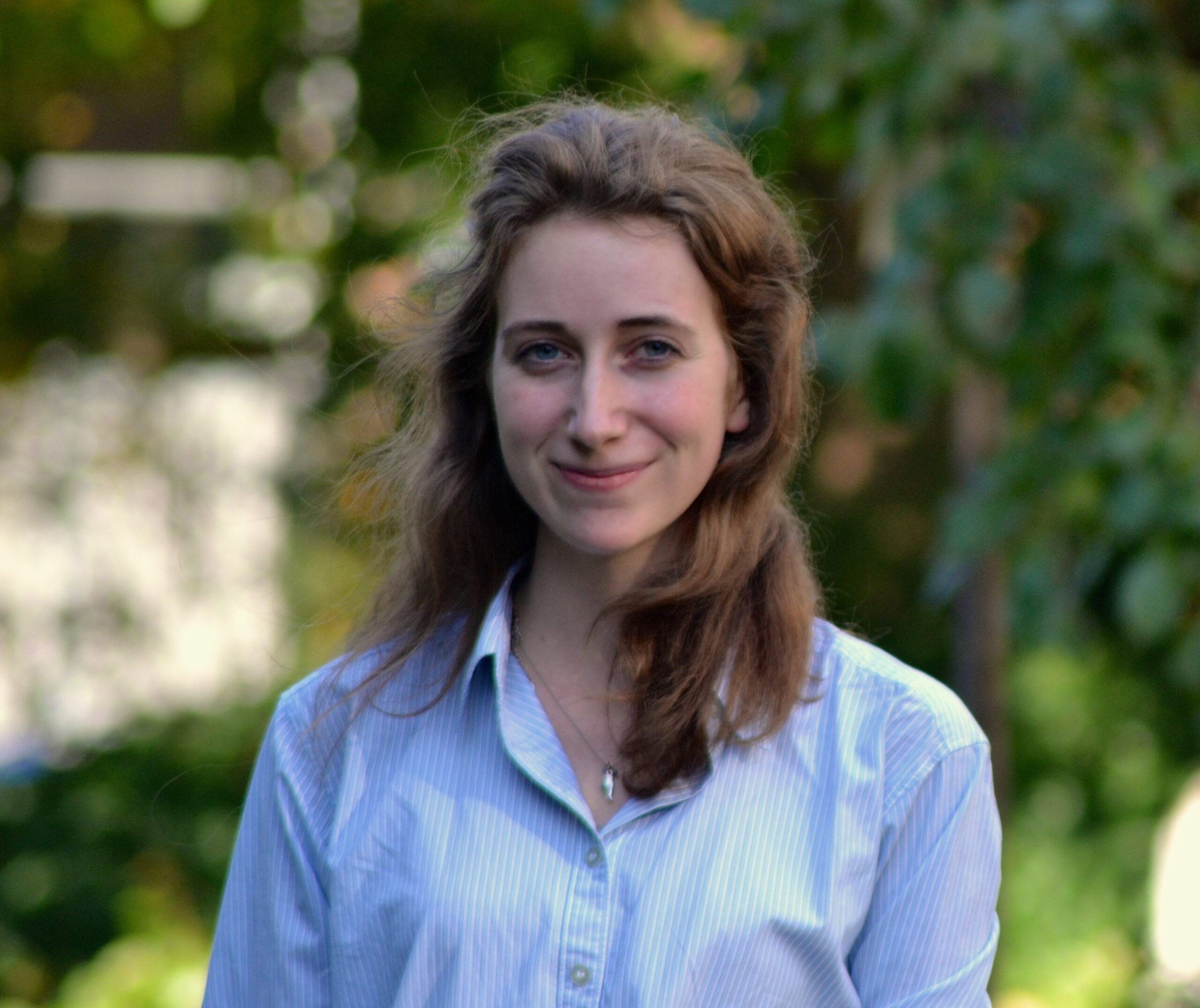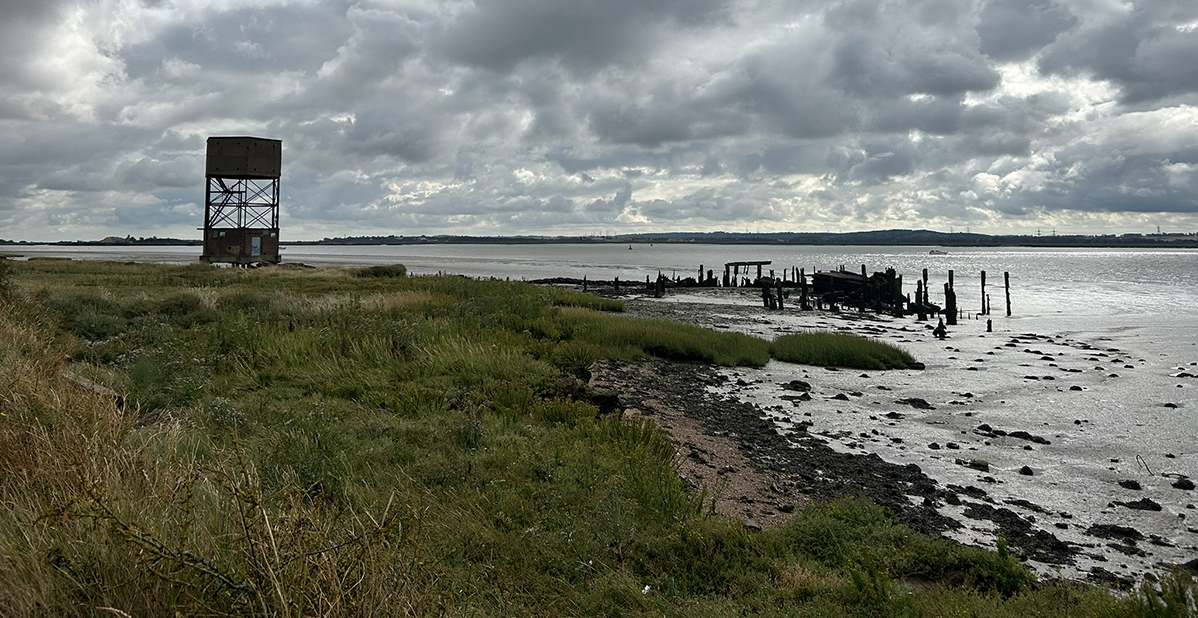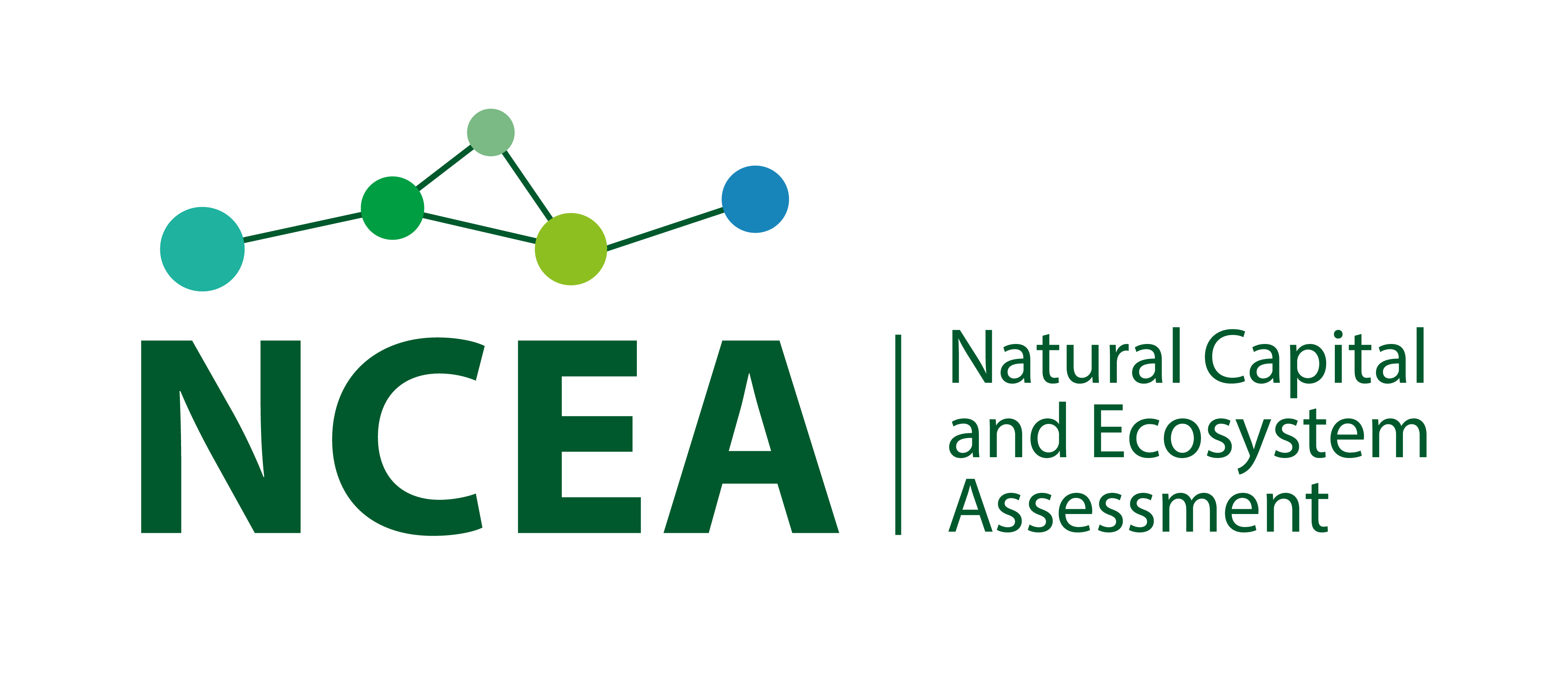Dr Isabel Cotton is a post-doctoral researcher on the RACC project, one of the four projects funded by the ReCCS programme. She is based in the School of Geography at Queen Mary University of London.

Tell us about the project you have joined
I’ve joined the RACC project (which stands for Resilience of Anthropocene Coasts and Communities). RACC is investigating the combined impacts of rising flood and erosion risk, climate change, and legacy waste sites in the UK.
There are a sizeable number of these sites – previous research at Queen Mary estimated we have over 1,200 historic coastal landfills in England. Many of these sites existed before any environmental regulations, so we want to find out what the impacts of these sites are to the environment and local stakeholders, and how the risks of these sites can be best managed.
What will you be doing as part of the project?
My role is supporting the community and stakeholder engagement side of the project. This will involve finding out from local communities and stakeholders how they might use and value parts of the coast where we have historic landfills or legacy waste sites. I’ll also be involved in engaging with policymakers on the research, and supporting some of the arts-based public engagement work that we are planning as part of the project.
What did you do before joining RACC?
I joined Queen Mary in September 2024, so I’ve been in post for about seven months now. Before that I completed my PhD at the University of East Anglia, exploring public and policymaker perceptions of the Bacton-Walcott sandscaping scheme, which is a novel nature-based solution that was introduced on the Norfolk coast. I’ve also worked as an environmental consultant and in monitoring & evaluation in the third sector – much of this past work experience focused on coastal issues, and it’s all highlighted how unique and pressing managing the impacts of coastal change is for the UK.
What are you most looking forward to with your work?
Meeting different communities and stakeholders and hearing their perspectives on the landscapes that contain historic coastal landfills will be really rewarding. I’m also enjoying being part of a large, diverse and transdisciplinary research team across five different universities and numerous partner organisations – RACC is drawing on social science, the arts, economics and environmental science to research this topic, and it’s great to be part of research that explores all these different dimensions.
Find out more about the RACC project here














